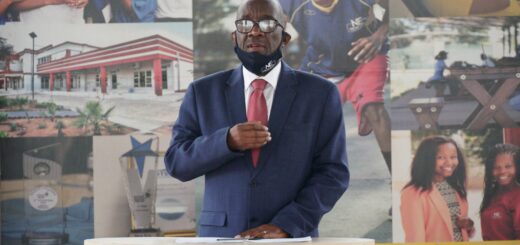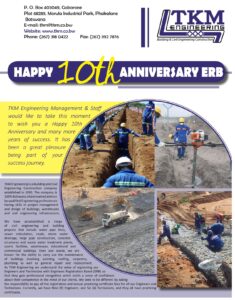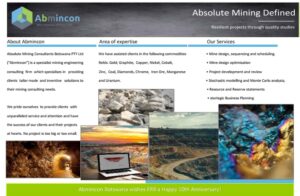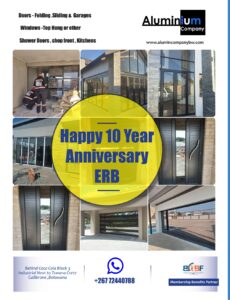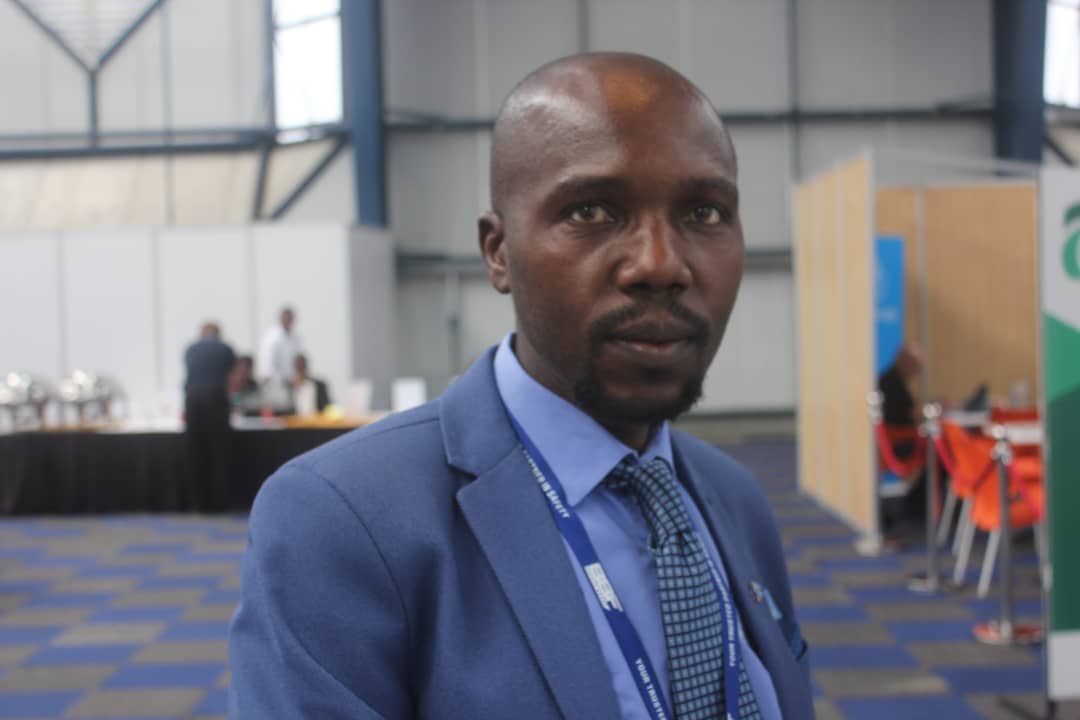For Engineering to Champion Future Industrial Revolutions, it must look to the Past
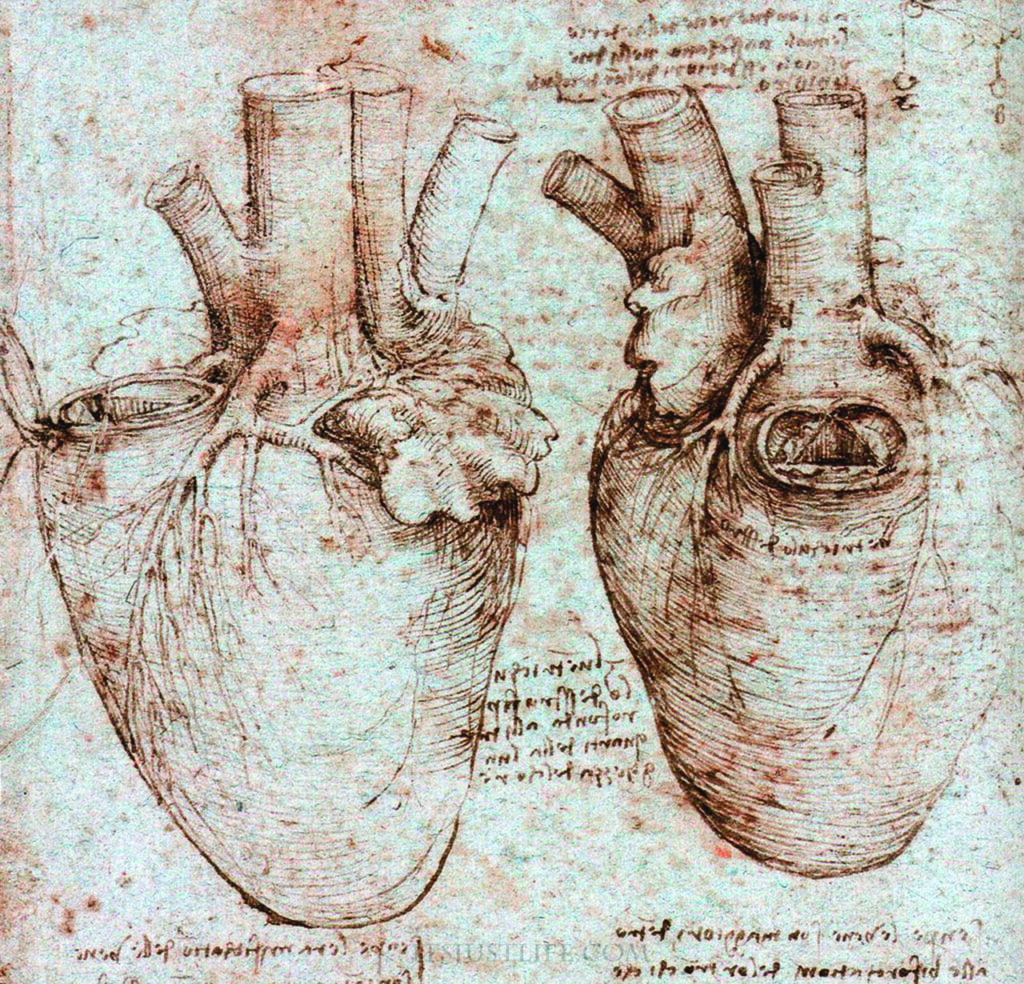
By Professor Edward Chikuni – Energy export and Engineering Educator : Botho University Gaborone, Botswana
In Early History; Engineering, Art, Philosophy and Politics were the same thing.
The first Engineer (i.e., genius), over 2600BC ago, was an African Imhotep, of Memphis, Egypt. Imhotep was an incredibly wise and clever man, architect, astrologer, Chief Minister and Spiritual adviser to Pharaoh Djoser (reigned 2630–2611 BC), the second king of Egypt’s third dynasty. He designed the 61m, Step-Pyramid of Saqqara (Encyclopedia Britannica). Italian Leonardo da Vinci, born 15 April 1452 was undoubtedly a genius. He was an inventor, designer, painter (of the Mona Lisa, fame), sculptor, architect, scientist, musician, mathematician, engineer, writer, anatomist, geologist, astronomer, botanist, paleontologist, and cartographer. Da Vinci was clearly a genius and very clever. There were several other very clever men and women through history. Benjamin Franklin was one of the Founding Fathers of the United States. Franklin was a leading scientist, inventor, journalist, writer, printer, politician, diplomat and Post Master General of the United States. Another Great Engineer was Thomas Edison, owner of over 1000 patents which included the electric light, electric train and telephony. Among Edison’s employees were Henry Ford and Nikola Tesla. Tesla was the inventor of the Alternating Current Electric Motors (which replaced horse and donkey power) and the technology of we now call robotic drones. So far we have seen the achievement of men. Women also achieved. Hertha Marks, an inventor of electric arc light, qualified for a degree at the University of Cambridge. She had to settle for a certificate, since women could not be given degrees. In the US, Mary Engle Pennington completed the requirements for a BS degree in chemistry at the University of Pennsylvania in 1892, but was given a certificate of proficiency instead. I suspect that men were involved in these kinds of regulations. (Wiki, Women in Engineering, 2020).
Enter the Late Modern Period (1750 – 1945
Engineers like Da Vinci lived in what is called the Early Modern Period. This is a period of, the Renaissance, Age of Discovery (or Exploration), Age of the Sail, the Reformation and the Qing Dynasty of China which lasted almost 300 years. The Early Modern Period was followed by the Late Modern Period, associated with Revolutions and Wars. One of these revolutions, the Industrial Revolution, was obviously less deadly than the political revolutions associated with this Period. It was the Period of German-born King George II of Great Britain. The present Queen Elizabeth II is a descendent of George II. Her Husband, Prince Philip, was born in Greece. The first Steam Engine was by an African, Hero of Alexandria, whose lecture notes span the fields of mathematics, mechanics, physics, and pneumatics and cybernetics. The well-known Stephenson “rocket” Locomotive was invented much later in the Late Modern Period we are discussing now. About this time the definition of “Engineer” was that of a man who could build a steam engine with his own hands. A genius of note in the Asian sub-continent was Indian Mathematician, Srinivasa Ramanujan, FRS, who authored almost 4000 theorems. It took several Cambridge Mathematicians among them Godfrey Harold Hardy, FRS, to actually understand some of them. His country understood and recognized him less. He got a job as a clerk, Grade III, at the Accountant General’s office which paid him 20 rupees (about 5 Pula) a month. Surely, 5 Pula, 40 US Cents per month is not a living wage. Ramanujan died, aged 32. In almost no time the proper definition and attributes of Engineer: genius and cleverness, were lost. In the United States an Engineer is a Locomotive Driver; even here in Africa, if you say you are an Electrical Engineer, you will find people dropping off broken electric kettles and irons at your doorstep. We see in this period that the open and freethinking genius of Da Vinci and Imhotep vanished.
The Organization of Engineering
The freethinking, inventiveness and genius of the engineers soon became both an asset and a threat during the wars. Many German Scientists were lured to “free world” countries such as the United States. One of them was Albert Einstein, Nobel-winning scientist and philosopher who after graduating with a Doctorate from the famous ETH of Zurich, Switzerland failed to land a lecturing position there, ending up as technical assistant at the patent office in Bern, the capital. It was perhaps at ETH that he experienced the ugly face of homophobia. Einstein was born in Germany. Later, Einstein was offered the position of President of Israel, and he declined. Engineering, as we know it today, is largely the decimation, at best, dilution of genius. Worse than that, Science, which was integral to it transformed itself into a discipline, with Engineering becoming a mere cousin. Engineering became more of construction. There was more division! A class of Engineers called Civil Engineers was formed, to distinguish them from Military Engineers. In Norway the “Civil Engineer” is a protected title and an umbrella of all engineering programmes; perhaps more like a tree under which all can shelter from extreme heat. Ask the Kombi Bus Loading Tout, (they call them “MaWindi” in Zimbabwe) and he would say “A Kombi is like tree, everyone has a place under its shade”. And so it is that a 14-Seat Kombi can accommodate over 20. Outside Norway, Civil Engineers, today, are more associated with construction. Look at us now. Civil, Structural, Mechanical, Electrical, Electronics, Control, Mechatronics, Engineers. There is now a plethora of degrees programmes and clamouring for more new engineering programmes.
The Consequences of Engineers forgetting the Art and Philosophy
The distancing of Science from Engineering was indeed unfortunate but the two have remained cousins. The separation of Art from both Engineering was the most unfortunate. The general perception among engineers was that Art was second best. At the University of Zimbabwe where I used to teach, it was said that the premier professions were Medicine, Engineering and Law. Medicine which it is claimed paid most was the hardest to get into, you needed 3As. Some of those that couldn’t make it into Medicine would enroll into Engineering, if not, Science, if not Art; typically, Political Science and Administration. To their surprise, the engineers, found that the these “Poly-Admins” became their bosses who selected them for positions in the industry and determining their salaries and conditions of service. Benjamin Franklin, Thomas Edison, Rolls Royce, many years ago realized that to be in control, you need to own and control your own enterprise. In the case of Thomas Edison, Charles Rolls and Henry Royce, they made sure that their products would bear their names. Perhaps they remembered the misfortunes of Napoleon. For all his exploits and fame, there is not a single street in Paris named after him. We see here that the whole, free and exploring mind of ages and decades has been split into pieces, often competing pieces. To see that the battle is not completely lost, let us go to America.
Coming to America
Over 20 Years ago, I was confronted with a situation in which our son, who through my own observation, was more inclined towards Motor Mechanics than to Academics. One day, to my horror, I found that he had taken down the gearbox and steering rack of our broken car all by himself. Through an internet search we spotted a community college in Kentucky. He excelled in Mechanics getting 95% or more. Why not? His grandfather, my father, was renowned mechanic in the district. In no time he had mastered the course. Computers and Computer Networking were becoming the fields to be in and enrolled into that Associate Degree Programme. One day I was looking at his Transcript. There was so much time spent on English, Literature and History and Customs of the Mountain people of Appalachia. My son soon completed the Associate Degree and enrolled for a full Bachelors. When he graduated, we were very happy. To our surprise, he was made Commencement (Graduation) Speaker. Where did he get the English and Confidence from? I now know, American Universities make sure that the graduate is “whole”. My Secondary School studies were at the local school run by Canadian, American and British Missionaries. We studied the Math, Science, Latin, and English and English Literature. I liked Latin and Literature a lot and can still recite some of the poems. My English Teacher even thought I should pursue English, before Science. Now back to America. My second visit to the US was as Visiting Scholar at the University of Wisconsin-Madison (an Ivy League University) Wisconsin Electric Machines & Power Electronics Consortium (WEMPEC) in 1996/1997. My host Professor Thomas Lipo is an illustrious, researcher and a very affable man. He is a world authority of the electrical machines and their control. Shortly after my courtesy call, Prof. Lipo issued instructions to have me taken care of. I was given an office and a Visitor Programme. I have made at least 4 Academic Visits to the US and have learned that Americans make sure that you become as busy as they are; you always get a Programme. WEMPEC is an innovation and research hub that creates technology for efficient power electronic control electric motors. During the time I was there corporates like GE, ABB, HITACHI were vying for know-how to give them a leading edge. On one of the days, I was scheduled to meet Professor Robert (Bob) Lorenz, co-director of WEMPEC. I was directed to the department of Mechanical Engineering. “I am Professor of Mechanical and Electrical Engineering here.” He said. WEMPEC is an innovation hub which registers scores of patents per year. Bob Lorenz, now late, was one of the most prolific inventors. “Right now, I am working on a system to control induction motors without sensors.” “My invention is based on examining the patterns and signatures which result from their operating currents.” “I am Professor of Mechanical and Electrical Engineering, but in all my inventions, I start from the Mathematics and Physics.” This conversation which I had with this illustrious Professor reminded me to go back to the past, even my own past as a student and young engineer. My visit to the University of Wisconsin-Madison ended in good spirits, almost literally. I was invited to join the full complement of WEMPEC researchers at the University pub. It was also an experience. Draft Beer was placed in a very big jug, from which everybody gulped. The jug would go round and round, getting replenished in the way. So, these Americans were Africans too!
The Bad Replacing the Good and the Dangers of Overspecialization
The Bachelor of Engineering (BEng.) curriculum we followed at Fourah Bay College, the first University in Africa, South of the Sahara, was based on that of the University of London. The topics included Drawing, Physics and Mathematics (taught by two Catholic Priests and one Egyptian Professor), Thermodynamics, Strength of Materials, Fluid Mechanics, Electrical Networks. Electronics and Communications, which were my clear favourites, were towards the end of the curriculum. First Year Students were accommodated in former military barracks and on the first night you learned what it was like to be dined upon by mosquitoes. There was therefore a very compelling reason to pass the first year. Multi-discipline programmes such as this however, pay off. At RIIC in Kanye they made me in charge of the Power House, as well wood and metal workshops. That in addition to my substantive title of Research & Development Engineer. In this article, I am making the proposition that we must now seriously embrace STEAM. STEAM reminds of the National Railways of Zimbabwe (NRZ), last place in the world to have Steam Locomotives in commercial service. The Rhodesia Railways (RR) preceded it. Before Botswana Railways (BR), the RR ran the train from Bulawayo, through Mahalapye to Mahikeng. I was interviewed for a position in the NRZ in Newcastle, England by Merz & McLellan, engineers for the Kariba Hydro Power Project. When asked which branch of Railways I preferred, I said “Signals”, because it was the most electronics and communications intensive branch. Bluntly, I was told there was no position there. I passed the interview easily and started off at the Railway Training Centre. We were called Trainee Officers. The Railways of Rhodesia / Zimbabwe has had many notable employees, Joshua Nkomo, late Vice President of Zimbabwe, Sir Roy Welensky, last Prime Minister of the Federation of Rhodesia and Nyasaland, Sir Frank Edward Hough, former Chief Mechanical Engineer. The designation “Officer”, I later learned, arose from the tendency for the organization to employ military General Managers, especially during times of crisis. This practice has continued to this day. Col. Henry Everard, OBE, was one of these General Managers. I got the sense that Sir Everard had some followers in the Training Centre. The Railways had devised a two-year Training Program for us and the first part of the training involved Metal Working and Machining. We were placed under Mr Field. After Safety Training we got to our first task, which to file a brass cube into a perfect square. Our first thought was to resist. We were “Officers”. We complained to Training Centre Manager, saying that we were being abused, since we were Electrical Engineers. He said he would investigate. Soon enough, we realized what he meant by investigate. Mr Field told us that after filing the cube into a sphere, we should file the resulting sphere back into a cube. It was not easy to satisfy Mr Field. After you thought you were done, he would come to measure the sphere is every direction with a micro millimeter calipers. Of course it was not easy to satisfy Mr Field, also a former military man. He was the only machinist in the country hired by the National Parks to make precision darts for immobilizing elephants. You can imagine what would happen to the shooter if the dart failed to immobilize the elephant. What else did Mr Field teach us? He taught us that after working at a bench, you must clean up. Further, trainees must clean up the whole workshop. Officers, clean up! Today’s students don’t know that they should clean up their area of work. All initiation at the Training Centre was complete we progressed within the organization to become Chief Engineers. In my position, the Training Centre and several other departments fell under me. We still applied the same rigor and strictness that Mr Field taught us. I try and do this, to this day (however, I admit it to have become softer with age).
What are Saying?
Super achievers like da Vinci and Edison operated before we became formerly organized. During this process of being “organized” the more creative parts of our brain were narrowed. In designing new curricula, let us remember that genius is the sum and embodiment of the thinking about everything around us. You would think the engineer-geniuses that preceded us were thinking outside the box; actually I believe, they were thinking without boxes. Today, we talk about Industry 4.0; others are already talking about Industry 5.0. No, let’s think Industry X.0.



